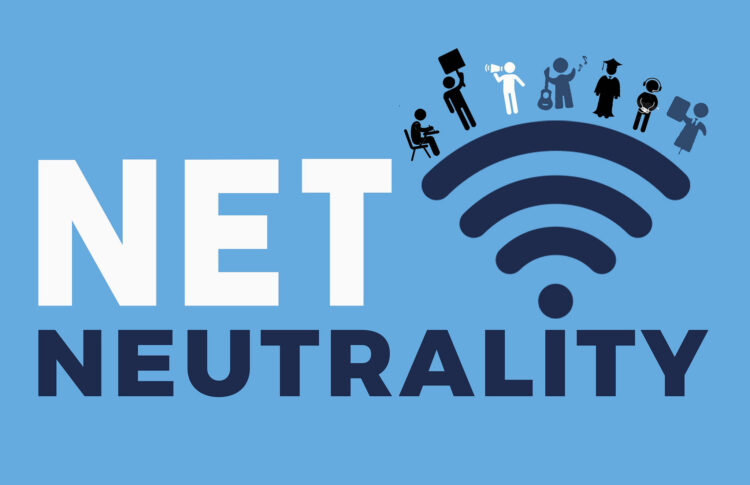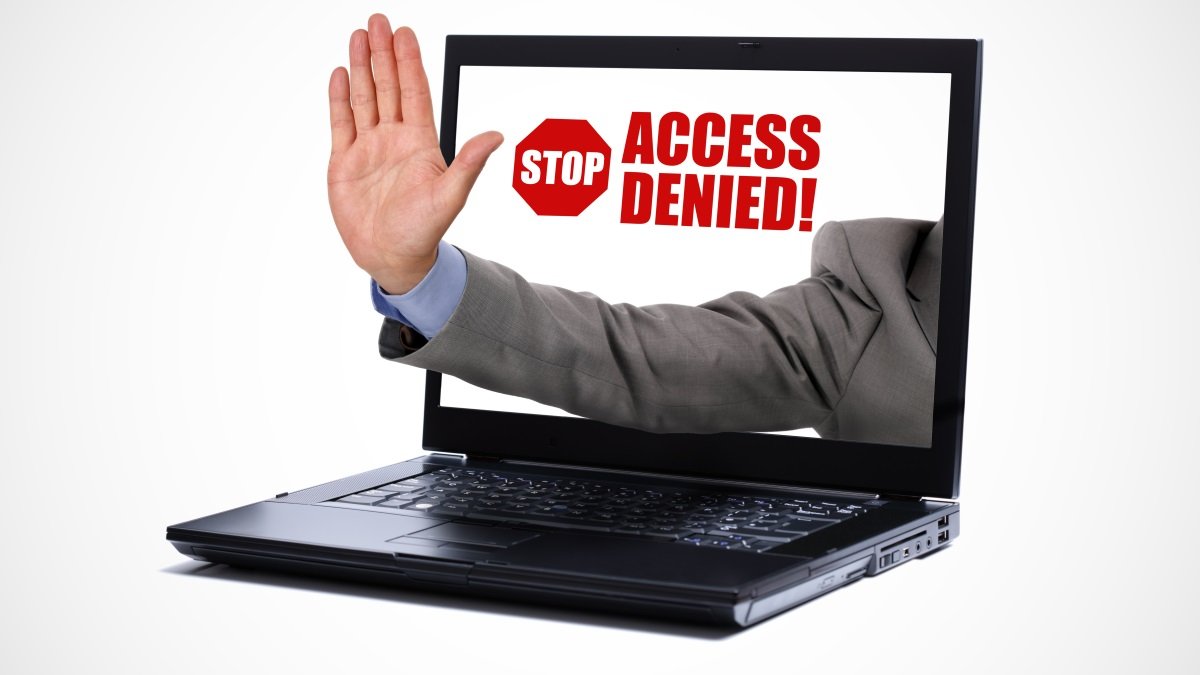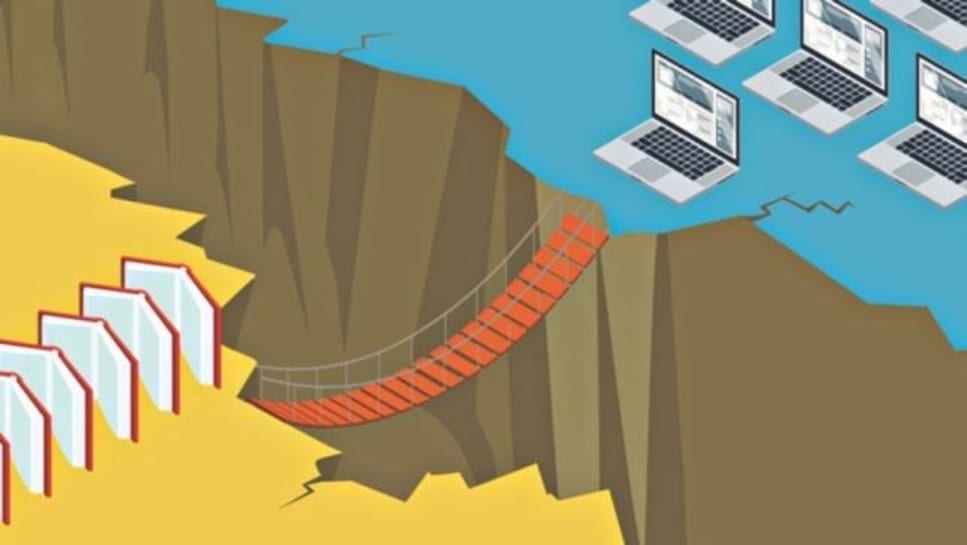Internet Project

What is Net Neutrality?
Net neutrality is the practice of providing equal internet access to all users, without regard to race, social class, beliefs, and wealth. For example, if User A uses a Android and User B uses IoS, Internet Provider A cannot give restricted access to User B and not A. All Internet communications should be treated the same, without and bias towards certain applications, equipment, or content.
What is the EFF?
The EFF (Electronic Frontier Foundation) is a non-profit organization focused on keeping the Internet safe, equal, and available to as many people as possible. They focus heavily on the preservation of net neutrality. Ajit Pai, former chairman of the FCC (Federal Commmunications Commission), passed acts that removed net neutrality on the Internet during the Trump administration, resulting in the lack of a free internet.
Future of the Internet?
We live in a world where, things are always changing. We need to make an effort to figure out which change is good and which change is harmful. Net neutrality is a safeguard for the general public against corrupt favoritism. Awareness for net neutrality is the key to getting a movement for a free internet.

What is Internet Censorship?
Internet Censorship is the control or suppression of what can be accessed, published, or viewed on the Internet that are enacted by "Internet regulators". These tactics are mainly used to influence the public into developing a certain point of view about a set of topics. For example, Internet regulators can change websites that teach math to convince the public that 1+1=3. By removing the websites that say 1+1=2, they make only those with 1+1=3 available, and more people will think that 1+1=3.
Impact to Daily Lives
Like it or not, internet censorship is present in many parts of the world, even in the US. These regulators carry out the censorship in favor of either the government or a large private organization. For example, China has extremely strict censorship over their content available on the Internet. Known as "the Great Firewall", the Chinese government restricts access to many sites, including Google, because of the amount of information available to the public.
Benefits
Despite the cons of censorship, the filtering of certain results can be beneficial. For example, if an application is actively spreading false or wrong information, these internet regulators can censor that application to remove the amount of false information available to the public, resulting in a smarter public with less false beliefs.

What is Digital Divide?
Digital Divide is the gap between those who have access to the Digital Age, or the Internet, and those who do not. There is a percent of the population that do not have access to technology, and end up living very simplistic lifes. They are less able to obtain information, participate in global movements, and learn and offer skills in comparison to those who do have access to the information and the connectedness.
Impact on Life
Since the COVID 19 pandemic, many in-person events were cancelled to reduce the spread of the virus. Those who had an understanding of technology were better able to adapt to the pandemic through research on safety measures, virtual interactions with friends, peers, and coworkers, and were able to stay healthier. Those who didn't have access to technology through the digital divide maybe did not have access to health information regarding masks, and were more susceptible to becoming sick.
What You Can Do!
Join a non profit organization that focuses on bringing technology to cities without technology. The faster we can incorporate technology into everyday life, the faster we can advance humanity as a whole. Less digital divide means that society can advance more as a whole and not as an individual. We can quickly fix world problems through the cooperation of everybody in society.